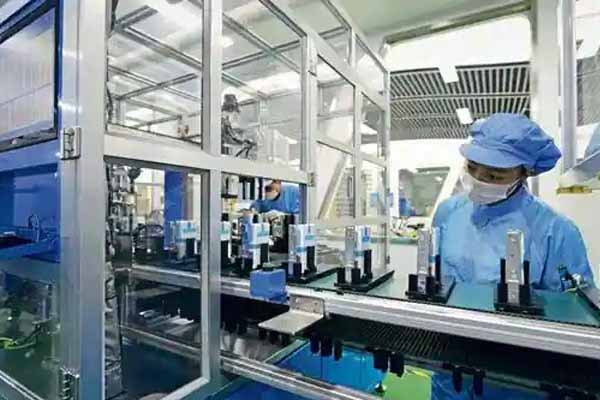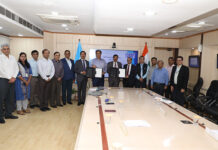Government is working to get industry stakeholders to agree on the standard shape and size of batteries for electric vehicles as it develops norms for its proposed battery-swapping policy. According to the officials, the Union Ministry of Consumer Affairs and NITI Aayog have scheduled a meeting with companies to address their concerns about a uniform battery pack standard and work toward finalising the draught battery-swapping policy. According to the official, the policy, which aims to establish mandatory uniform swapping standards for battery packs, will be released in a month.
“The outer dimension of the battery pack would be fixed. This will mandate the manufacturing of the packs as per the prescribed dimensions. However, the dimensions would only be mandated for those players who would seek to avail subsidy or other benefits under a government scheme. Some players have issues with the fixed dimensions as they have already deployed assets and infrastructure as per their own dimensions,” the official said.
A second official with knowledge of the developments said: “The objective under the policy is to give a standard for the outer dimension only so that a consumer can go for any particular product or brand of choice, and there is no monopoly of any particular battery service provider. There would be no effort to bring uniformity in terms of cell chemistry as innovation needs to be promoted, and standardization of the outer dimension would not hinder innovation.”
Questions sent to the ministries of consumer affairs and NITI Aayog remained unanswered as of press time. The government would also give companies one and a half years to adapt their swapping infrastructure and manufacturing facilities to the new standard, according to the second official.
A committee comprised of members from the Department of Science and Technology and the Automotive Research Association of India proposed a specific standard dimension for battery packs that would support all existing chemistries such as lithium ion phosphate and nickel manganese cobalt.
The development also comes as the government works to implement safety norms and standards to prevent EV fires. Following several incidents involving electric two-wheeler battery fires, the road transport ministry added new provisions to the safety standards for EV battery packs. The ministry implemented the new AIS-038 (for four-wheelers) and AIS-156 (for two- and three-wheelers) standards as part of the Central Motor Vehicle Rules.















